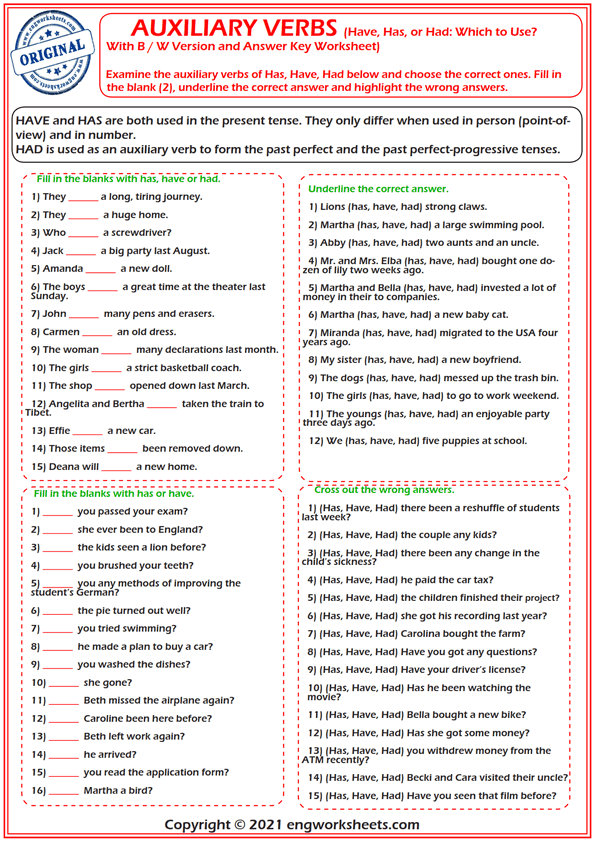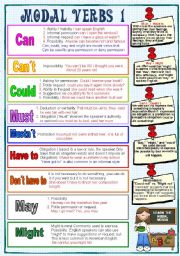
In these examples, we are emphasising the possibility that they have been to France, for example in response to a suggestion or assumption that they have not. We can change the position of "not" to make different emphases: We can also use "might not have" to form questions. In the second sentence, "not" is used to emphasise the negative of the main verb in this case, "might have" describes a positive possibility that he did not send the invitations.

He hard for his exams because his results were very good.We use "might have" for question forms:Ĭomplete the sentences with "can't have", "must have" or "might (not) have" using the verb in brackets: We don't use "must have" or "can't have" in question form because we use them for definite beliefs. We can use "yet" with negative forms e.g. We can use "by now" with positive forms e.g. "might not" can be contracted to "mightn't". We can make a negative form of "might have" with "not": we believe it is possible that the action did not happen, but it is also possible that it did. We use "can't have" in the negative form only: we believe that the action definitely did not happen (the opposite of "must have"). We use "must have" in the positive form only: we believe that the action definitely happened. subject + "might (not) have" + past participle likelihood of the deduction.

subject + "can't have" + past participle.subject + "must have" + past participle.We use "must have", "can't have" and "might have" with the past participle of the main verb: The real situation and result: I didn’t know about the traffic problem so I am imagining the possibility of taking a different route if I had known. The clause with might have describes the possible result of the unreal situation described by the "if" clause."If I had known about the traffic problems, I might have taken a different route."."might have" / "might not have" in the third conditional structure: to imagine the possible result of an unreal situation in the past.It is possible that he has not finished his exams, but it is also possible that he has finished them."He might not have finished his exams yet."."might not have": we believe it's possible that the action did not happen, but we don't know.It is possible that she has gone to the shops, but it is also possible that she has gone somewhere else."might have": we believe it's possible that the action happened, but we don't know.



 0 kommentar(er)
0 kommentar(er)
